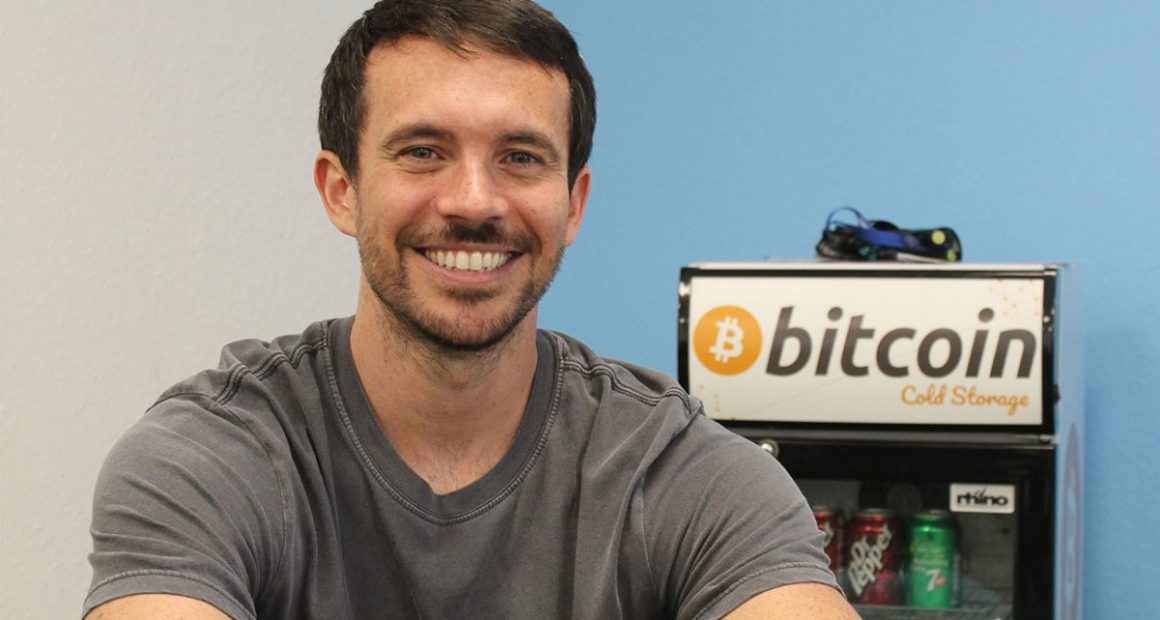Over the weekend, Peter Schiff’s got ‘locked out’ of his Bitcoin wallet. He claims as this was due to a software malfunction. Danny Scott, the CEO of CoinCorner reacted to this event and media backlash with a little commentary entitled, ‘Let’s learn from Peter Schiff’s mistakes’.
As usual, Gold Bug Peter Schiff is back to attacking Bitcoin in any way he possibly can. This time he’s blamed the software for “forgetting his password” which has meant that he’s lost access to his Bitcoin. First off, it’s important to say that consumers shouldn’t be panicked or worried about Bitcoin after reading about his experience – Peter has purely made these statements as it fits his agenda for people to own Gold and not Bitcoin.
The truth of Peter’s situation is that he has a private Bitcoin wallet (to store his Bitcoin) which he looks after himself and has forgotten the password too. What this leaves us with is actually a good opportunity to learn from Peter Schiff’s mistakes by educating people on storing Bitcoin properly.
How to store Bitcoin
When people buy Bitcoin, they need to store it somewhere. There are many different ways of storing it, but some of these can feel complicated for newcomers to the industry. To avoid the hassle of learning and understanding how to store Bitcoin themselves, people might want to use a trusted third-party instead. For example, CoinCorner’s customers can buy and hold (store) Bitcoin directly in their account. Although others in the industry will advise against this, I feel it’s important to acknowledge that storing Bitcoin is not always straightforward for those who are new to it and in the beginning, it can be helpful to use simpler storage options.
For those with more confidence in storing their Bitcoin offline (e.g. not on an exchange), it’s easy to avoid a Peter Schiff-style incident by recording the password and making backups of the wallet/password (depending on how it’s being stored).
Deciding where to store Bitcoin is also influenced by the value that’s being held. For example, £50 worth of Bitcoin could easily be stored/accessed on a Bitcoin exchange with fairly low risk due to the value. Large amounts like £5,000 would be better stored on what’s known as a “hardware device”, whereas it would be ideal to store huge sums like £50,000 with an insured third-party (or even in a secure vault).
There are many storage options out there and people should take a common sense approach in figuring out the best choice for them. I personally believe that in Peter’s case, he hasn’t forgotten his password and has simply made this statement up to support his attempts to taint Bitcoin’s reputation.





